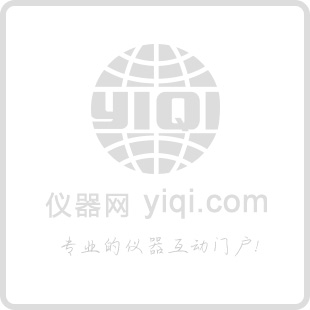 Human Aortic Endothelial Cells, adult
Human Aortic Endothelial Cells, adult
 Human Aortic Endothelial Cells, adult
Human Aortic Endothelial Cells, adult
 Human Pulmonary Microvascular Endothelial Cell-adult micro RNA / Human Pulmonary Microvascular Endothelial Cell-adult micro RNA
Human Pulmonary Microvascular Endothelial Cell-adult micro RNA / Human Pulmonary Microvascular Endothelial Cell-adult micro RNA
 Human Pulmonary Microvascular Endothelial Cell-adult micro RNA / Microvascular Endothelial Cell-adult micro RNA
Human Pulmonary Microvascular Endothelial Cell-adult micro RNA / Microvascular Endothelial Cell-adult micro RNA
 Human Pulmonary Microvascular Endothelial Cells-adult cDNA / Microvascular Endothelial Cells-adult cDNA
Human Pulmonary Microvascular Endothelial Cells-adult cDNA / Microvascular Endothelial Cells-adult cDNA
 Human Pulmonary Microvascular Endothelial Cells-adult total RNA / Microvascular Endothelial Cells-adult total RNA
Human Pulmonary Microvascular Endothelial Cells-adult total RNA / Microvascular Endothelial Cells-adult total RNA
 Human Pulmonary Microvascular Endothelial Cells-adult / Microvascular Endothelial Cells-adult
Human Pulmonary Microvascular Endothelial Cells-adult / Microvascular Endothelial Cells-adult
 Human Dermal Microvascular Endothelial Cells-adult / Microvascular Endothelial Cells-adult
Human Dermal Microvascular Endothelial Cells-adult / Microvascular Endothelial Cells-adult
 Human Dermal Microvascular Endothelial Cell-adult Cell Pellet
Human Dermal Microvascular Endothelial Cell-adult Cell Pellet
 Human Pulmonary Microvascular Endothelial Cell-adult MicroRNA
Human Pulmonary Microvascular Endothelial Cell-adult MicroRNA
 Human Dermal Microvascular Endothelial Cell-adult MicroRNA
Human Dermal Microvascular Endothelial Cell-adult MicroRNA
 Human Pulmonary Microvascular Endothelial Cell-adult Genomic DNA
Human Pulmonary Microvascular Endothelial Cell-adult Genomic DNA
本产品信息由(北京百奥创新科技有限公司)为您提供,内容包括(Human Aortic Endothelial Cells, adult)的品牌、型号、技术参数、详细介绍等;如果您想了解更多关于(Human Aortic Endothelial Cells, adult)的信息,请直接联系供应商,给供应商留言。若当前页面内容侵犯到您的权益,请及时告知我们,我们将马上修改或删除。